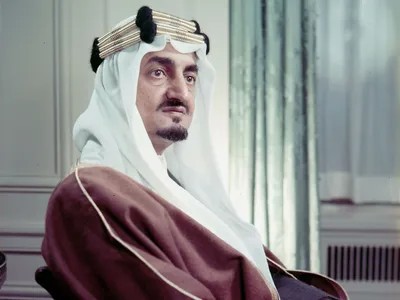King Faisal bin Abdulaziz Al Saud was one of Saudi Arabia’s most influential rulers, known for his modernization efforts and strong leadership. His reign, which lasted from 1964 until his tragic assassination in 1975, left a lasting impact on the kingdom. His death at the hands of his own nephew, Prince Faisal bin Musaid, shocked the nation and the world.
Born in 1906, Faisal was the son of King Abdulaziz, the founder of modern Saudi Arabia. He played a crucial role in shaping the country’s policies, both domestically and internationally. As king, he focused on economic development, education, and infrastructure. He was instrumental in introducing television, expanding women’s education, and implementing modern administrative reforms.
On the international stage, King Faisal was a strong advocate for Arab unity and the Palestinian cause. He played a key role in the 1973 oil embargo against Western nations that supported Israel during the Yom Kippur War. This move significantly increased oil prices and demonstrated the power of Arab nations in global geopolitics.
Despite his achievements, his reign ended in tragedy on March 25, 1975. On that day, during a public meeting at the Royal Palace in Riyadh, his nephew, Prince Faisal bin Musaid, approached him and suddenly pulled out a gun, shooting him at point-blank range. The king was rushed to the hospital but was pronounced dead soon after. The assassination stunned the country, as King Faisal was widely respected and loved by his people.
Prince Faisal bin Musaid was immediately captured. His motives remain debated, but some believe he was seeking revenge for the killing of his brother, Khalid bin Musaid, who had been shot by Saudi security forces years earlier during a protest against television broadcasts. Others speculate that the assassin had personal grievances or mental health issues.
After a swift trial, Prince Faisal was found guilty and executed in public on June 18, 1975. King Faisal’s death marked the end of an era for Saudi Arabia, and his loss was deeply mourned. However, his legacy as a reformer and a strong leader continues to shape the kingdom today. His efforts in modernizing Saudi Arabia and advocating for the Arab world remain a crucial part of his memory.
newshub



Recent Comments